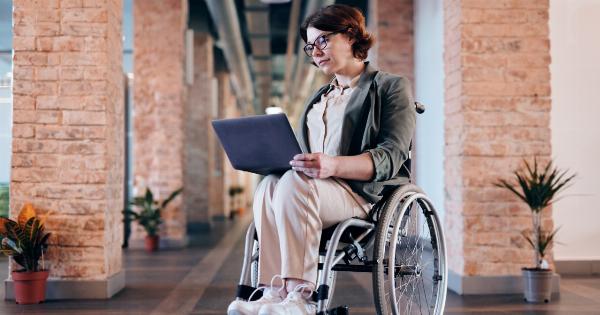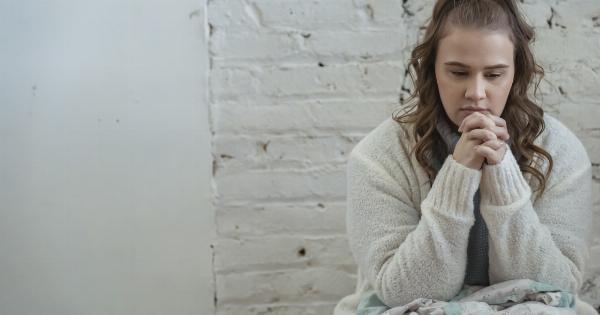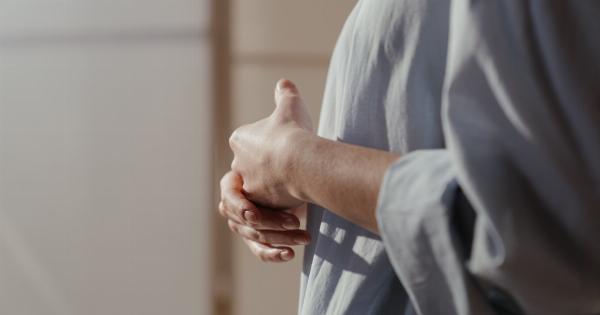Getting enough sleep is crucial for maintaining a healthy body and mind. It helps you stay alert and focused, improve memory and cognitive function, and reduce stress and anxiety.
But did you know that getting enough sleep can also reduce your chance of being arrested? This might sound surprising, but the link between sleep and arrest is real. In this article, we’ll explore why getting enough sleep is important for preventing arrest and how it can help you stay out of trouble with the law.
Sleep Deprivation and Criminal Behavior
Sleep deprivation is a common problem among people of all ages. It can be caused by a variety of factors, including work stress, family responsibilities, social obligations, or medical conditions.
When you don’t get enough sleep, your body and mind suffer. You feel more irritable, anxious, and stressed, and you’re more likely to make poor decisions. This can lead to a range of negative consequences, including criminal behavior.
Studies have shown that sleep deprivation can have a significant impact on criminal behavior. For example, one study found that homicide rates increased significantly during periods of daylight saving time, when people lose an hour of sleep.
Another study found that violent crimes were more likely to occur during the late evening and early morning hours, when people are typically sleep-deprived. Sleep deprivation can impair judgment, decrease impulse control, and increase aggression, making people more likely to engage in criminal behavior.
How Sleep Can Prevent Arrest
Getting enough sleep can help prevent arrest in several ways. Here are some ways that sleep can help you stay out of trouble with the law:.
1. Better Decision Making
When you’re well-rested, you’re more likely to make good decisions. You can evaluate situations more clearly, weigh the risks and benefits of different courses of action, and choose the best option.
This can help you avoid situations that could lead to criminal behavior, such as getting into an argument or engaging in dangerous activities.
2. More Emotional Stability
When you’re sleep-deprived, your emotions can be all over the place. You might feel irritable, anxious, or depressed, which can make it difficult to manage your feelings and reactions.
This can lead to impulsive behavior or rash decisions that could result in arrest. When you’re well-rested, you’re better equipped to handle your emotions and respond appropriately to different situations.
3. Higher Levels of Self-Control
Self-control is an important trait for preventing criminal behavior. When you have good self-control, you’re able to resist temptation, delay gratification, and make decisions that align with your values and goals.
Sleep deprivation can impair your self-control, making it harder to resist impulsive actions or engage in risky behavior. Getting enough sleep can help you build and maintain strong self-control, reducing your chances of being arrested.
4. Improved Mood
Sleep has a powerful impact on your mood. When you’re sleep-deprived, you’re more likely to feel anxious, irritable, or depressed.
These negative emotions can influence your behavior and decision-making, making you more likely to act out or engage in criminal behavior. When you’re well-rested, you’re more likely to feel positive and optimistic, which can improve your behavior and prevent criminal actions.
5. Increased Alertness and Vigilance
Being alert and vigilant is important for preventing criminal activity. When you’re well-rested, you’re more alert and aware of your surroundings.
You’re less likely to be caught off guard by unexpected situations or threats, and you’re better able to respond in a calm and measured way. This can help you avoid situations that could lead to arrest, such as getting into a fight or engaging in reckless behavior.
The Bottom Line
Sleep plays a crucial role in preventing criminal behavior and reducing your chances of being arrested.
By getting enough sleep, you can improve your decision-making ability, emotional stability, self-control, mood, and alertness, making you less likely to engage in risky or criminal behavior.
If you’re struggling with sleep deprivation, there are a range of strategies you can try to improve your sleep habits, such as setting a regular sleep schedule, reducing caffeine and alcohol intake, exercising regularly, and creating a relaxing bedtime routine.






























